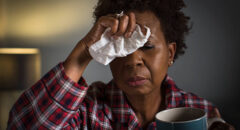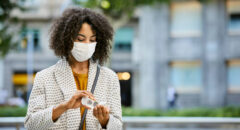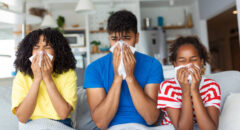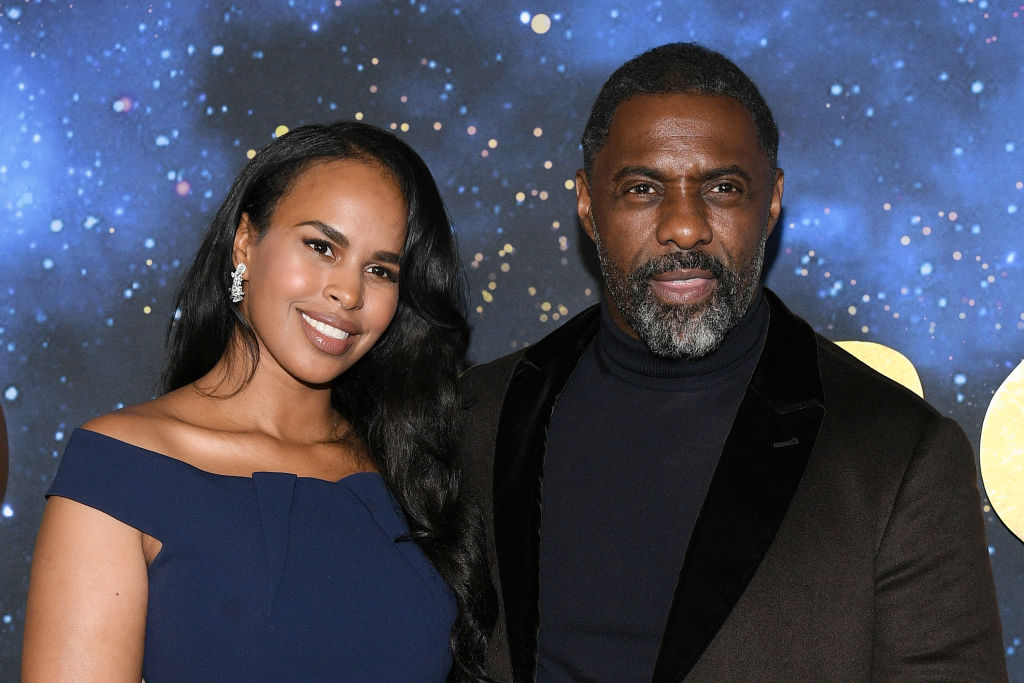
Actor Idris Elba has been keeping fans updated on his health after revealing on March 16 he tested positive for COVID-19. The Hobbs & Shaw star is in quarantine with his wife, Sabrina Dhowre, who also tested positive. Both have been asymptomatic.
“Sab and I still feel ok so far with no changes,” he posted on social media Wednesday.
The 47-year-old actor noted something interesting his doctor shared.
“Dr told us that after quarantine we will be immune for a certain time since our antibodies fought this,” Elba added, with a “thinking face” emoji.
Do people who recover from COVID-19 really become immune to the virus for a period of time?
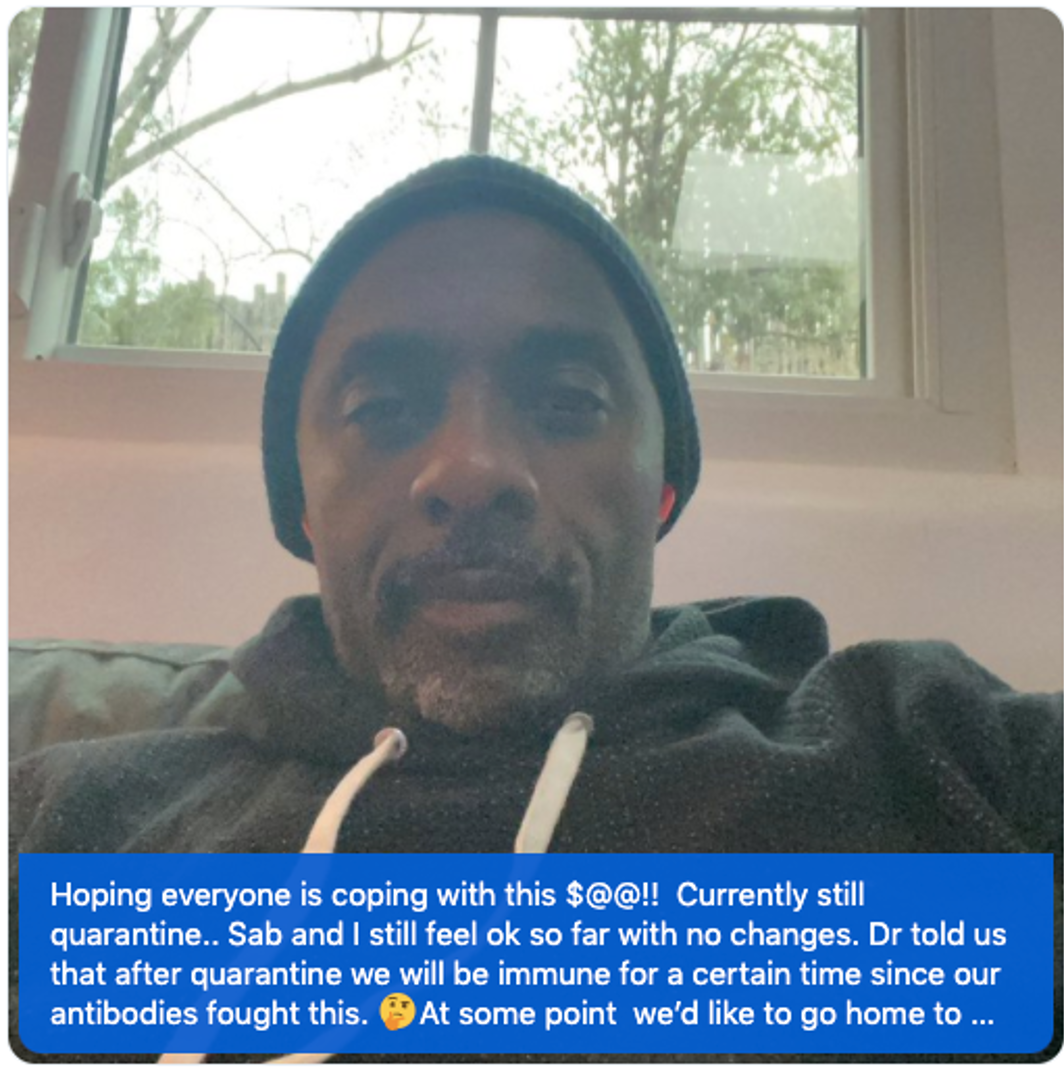
Well, first answer is yes, a person can become immune (or resistant) after exposure to a disease-causing agent, like the coronavirus COVID-19. The process of becoming immune includes the production of antibodies specific to the virus for future protection.
This production typically happens when a person develops the symptoms of the viral disease, but also may occur without symptoms. Irrespective of the symptoms, after significant exposure and time to develop the antibodies, a person becomes immune to that specific virus. In other words, the person is naturally “protected.”
There’s a new term called “herd immunity.” It’s a new phrase for many people, but we’re hearing about it more and more, so it’s important to understand exactly what it is.
According to the American Heart Association, if a large group of people – the herd – is immune to a virus, then an individual in the middle of this group is unlikely to become infected. The virus has a very hard time getting through the herd. Herd immunity, then, happens when people in a community are protected from a virus and its associated disease to a degree that people who are not immune are still protected because of the high population immunity.
Herd immunity can slow the spread of a contagious virus. Herd immunity can be alternatively achieved by…



